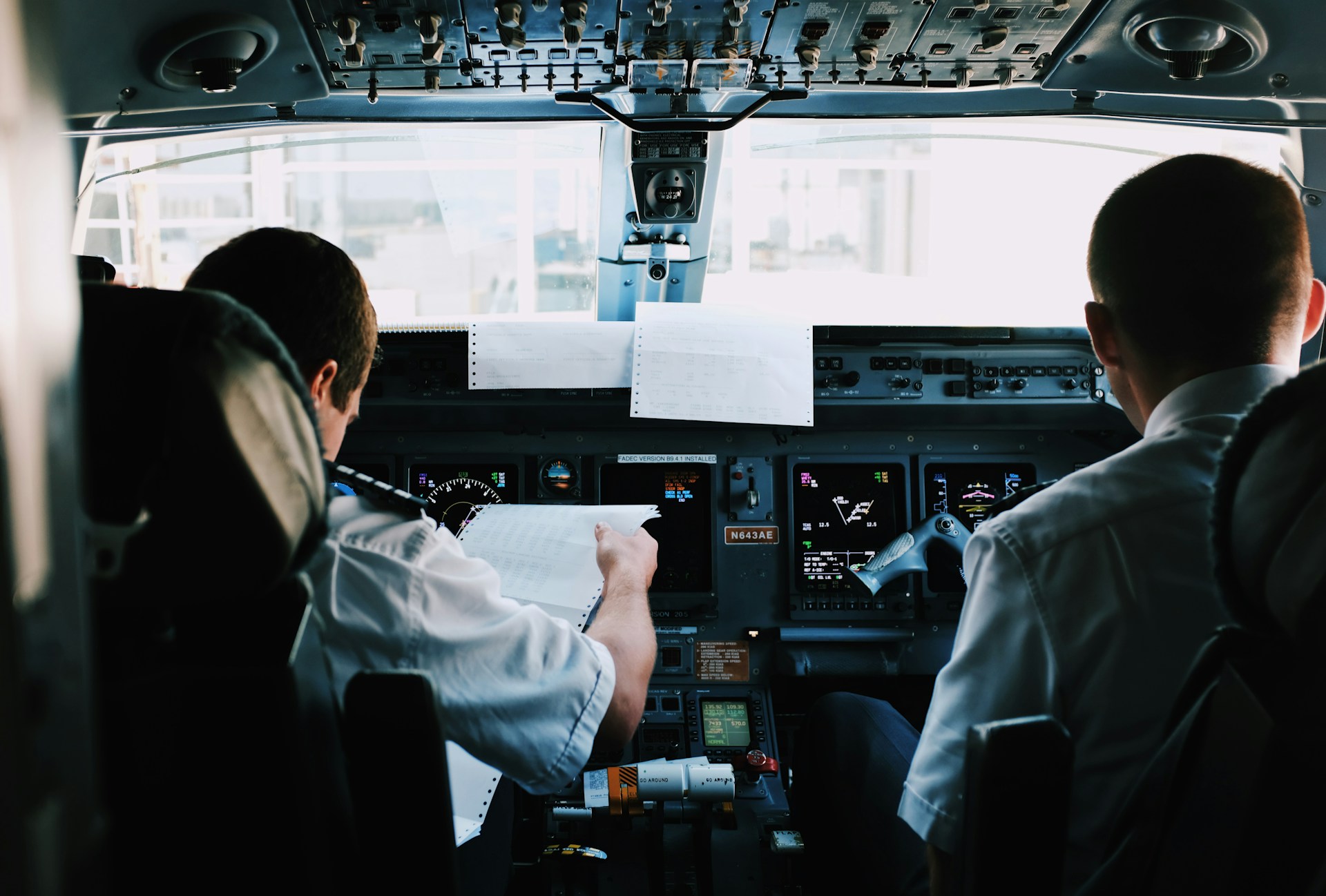Regulatory limits on Boeing’s 737 production rate, as well as delays in the procurement of certain other products, are likely to constrain airline capacity going forward. Southwest Airlines has been forced to review previously issued earnings guidance to account for fewer plane deliveries than expected, while United Airlines may switch over to Airbus for some of its narrow-body jet needs. The blowout of a panel board on an Alaska Airlines flight in January has re-ignited scrutiny of Boeing jets among the general public. Concerns regarding the American aviation giant’s planes has been whipped up into a social media frenzy recently, further degrading Boeing’s already dented reputation.
Fear among potential passengers spread to Boeing’s 787 Dreamliner jet this week after old investigations of the company’s embattled South Carolina plant were re-discovered. Back in 2019, Boeing admitted to falsifying documents relating to a Dreamliner sold to Air Canada, which later experienced a malfunction and emergency landing after only 10 months of service. However, the 737 MAX remains the primary source of concern for Boeing five years after two disastrous crashes helped uncover deadly negligence and severe quality control issues that the aviation manufacturer is yet to recover from.
Related Stocks: The Boeing Company (BA), Airbus SE (EADSY)
Years of compounding safety concerns, production setbacks, and management reshuffling are materially impacting Boeing’s commercial airline customers. Southwest Airlines, one of the most dedicated Boeing customers, announced yesterday that it would receive only 46 Boeing 737 MAX 8 planes this year, down from the 58 that were scheduled for delivery previously. These delays have forced Southwest to re-evaluate “all prior full year 2024 guidance, including the expectation for capital spending.” United Airlines, which last month announced that it would be moving forward without Boeing’s yet uncertified MAX 10 in its plans, said it would switch to a smaller variant and the rival Airbus SE A321. United CEO Scott Kirby says his airline has requested that Boeing begin building them 737 MAX 9 planes as a substitute for their outstanding MAX 10 orders, but if United can strike a more preferable deal with Airbus, they could cancel the agreement with Boeing outright.
Renewed scrutiny of Boeing stems from a mid-air blowout of a panel aboard Alaska Airlines Flight 1282 on January 5. A door plug, meant to seal unused exits on certain flight configurations where they’re not in use, apparently broke off of the 737 MAX 9 jet, leaving a gaping hole in the plane’s fuselage. Reuters notes that the specific MAX 9 in question entered service just eight weeks ago. Though no passengers or crew were injured in the malfunction and the Alaska Airlines flight landed safely, the Federal Aviation Administration (FAA) grounded 171 of the 215 MAX 9 jets until January 27. Though the door plugs are manufactured by supplier Spirit Aerosystems, the extra door assembly is only “semi-rigged”, meaning Boeing completes the installation of most door plugs and is supposed to conduct testing under pressurization to ensure all pieces of the plane are properly fastened. The National Transportation Safety Board (NTSB) found that Boeing was, in fact, behind the mis-installation of the door plug. The Department of Justice initiated a criminal probe into the Alaska Airlines incident last week, potentially re-opening a legal mire Boeing just recently escaped.
This latest malfunction has kicked off a frenzy on social media, where users are bringing attention to nearly every mishap that impacts a Boeing plane – whether or not the subject of the incident is a 737 MAX jet. Concerns regarding Boeing products are even spurring conspiracy theories about…
To read the complete Intelligence Briefing, current All-Access clients, SIGN IN All-Access clients receive the full-spectrum of MRP’s research, including daily investment insights and unlimited use of our online research archive. For a free trial of MRP’s All-Access membership, or to save 50% on your first year by signing up now, CLICK HERE










